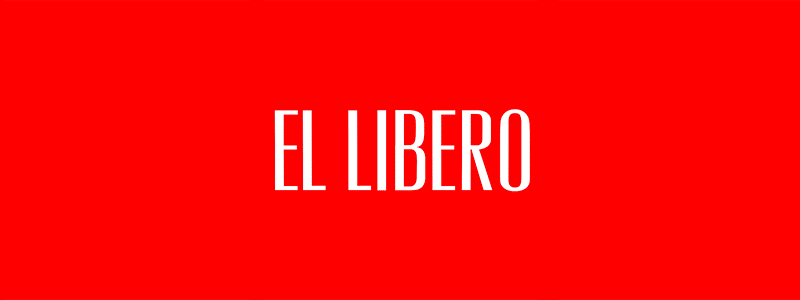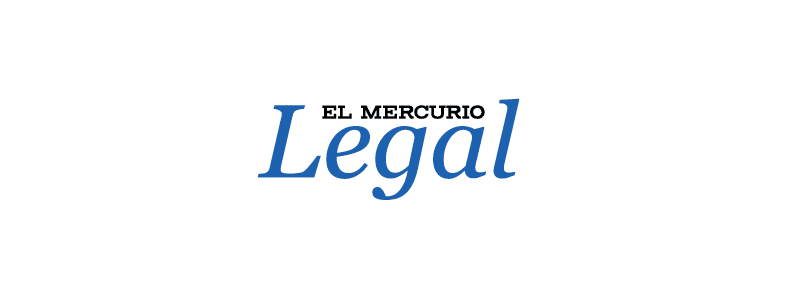“Transparency and collaboration between the public sector, civil society and the private sector are the main way to prevent corruption“, emphasizes our Compliance Group senior associate Caterina Ravera.
This 2023 marks the 20th anniversary of the United Nations Convention against Corruption (UNCAC), an instrument that represents the international commitment to fight against a problem that affects trust, social order and hinders sustainable development. At the same time, this December 9 marks the International Anti-Corruption Day, a date on which we can reflect on the progress made in this area, the challenges to be faced and renew our commitment to the principles of the UNCAC.
The fight against corruption must be understood not only as a right, but as a responsibility of all. Organizations must promote integrity, transparency and accountability in their actions and those of their collaborators, raising awareness across the board about the anti-corruption policies that are part of their crime prevention models, and expressing their total rejection of corrupt practices, such as bribery of public officials and money laundering.
In turn, civil society must promote transparency, demand government accountability, promote business ethics and get involved in the discussion of legal reforms to strengthen the fight against corruption.
It is precisely because of this close link between the public sphere, corruption, the market and economic crime, that Chile has sought to take a step forward against corruption with the enactment of the Economic Crimes Law, pursuing more firmly crimes that threaten precisely the principle of transparency, confidence in the market and the defense of democracy.
It is clear that we cannot fight this fight alone, and that transparency and collaboration between the public sector, civil society and the private sector are the main way to prevent corruption.




